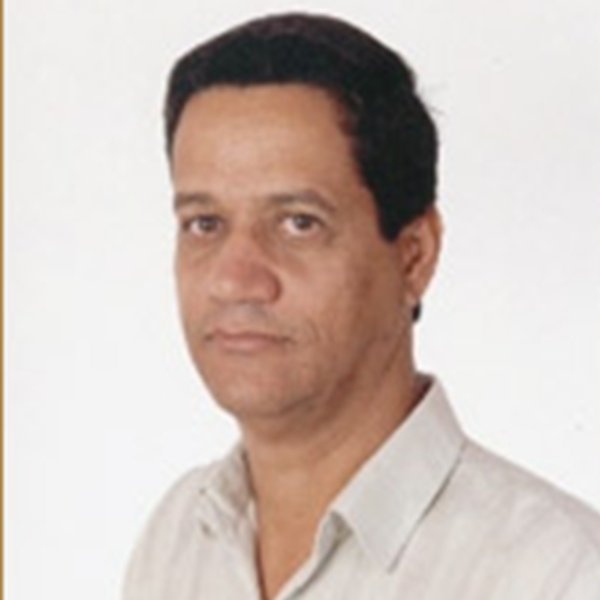|
Getting your Trinity Audio player ready...
|
Resumo: O texto examina a crença errônea de que Jesus permaneceu sempre em silêncio, analisando passagens bíblicas que demonstram o contrário. Ele argumenta que Jesus respondeu vigorosamente a seus críticos religiosos, frequentemente os confrontando diretamente e expondo sua hipocrisia. O texto usa esses exemplos para justificar a refutação de ataques ao Espiritismo, comparando os opositores do Espiritismo aos fariseus e saduceus da época de Jesus. A conclusão enfatiza a importância de defender a Doutrina Espírita, seguindo o exemplo de Jesus, mas mantendo uma linguagem nobre. Finalmente, o texto cita a concordância de Divaldo Franco com essa postura.
Palavras-chaves: silêncio de Jesus, críticos religiosos, Doutrina Espírita, fariseus e saduceus, Divaldo Franco.
Summary: The text examines the erroneous belief that Jesus always remained silent, analyzing biblical passages that demonstrate the opposite. It argues that Jesus responded vigorously to his religious critics, often confronting them directly and exposing their hypocrisy. The text uses these examples to justify refuting attacks on Spiritism, comparing the opponents of Spiritism to the Pharisees and Sadducees of Jesus’ time. The conclusion emphasizes the importance of defending the Spiritist Doctrine, following the example of Jesus, but maintaining noble language. Finally, the text cites Divaldo Franco’s agreement with this stance.
Keywords: silence of Jesus, religious critics, Spiritist Doctrine, Pharisees and Sadducees, Divaldo Franco.

